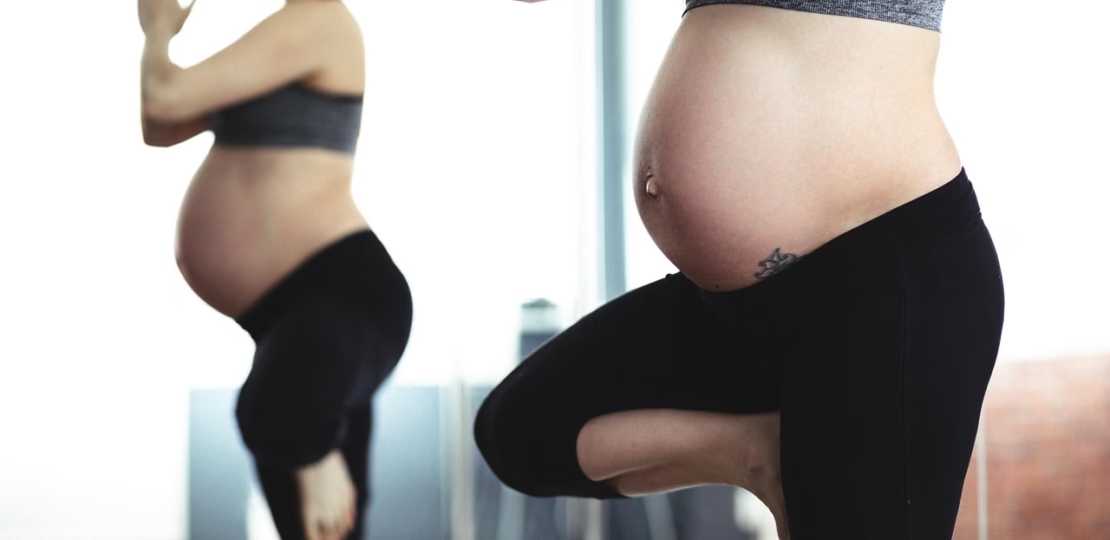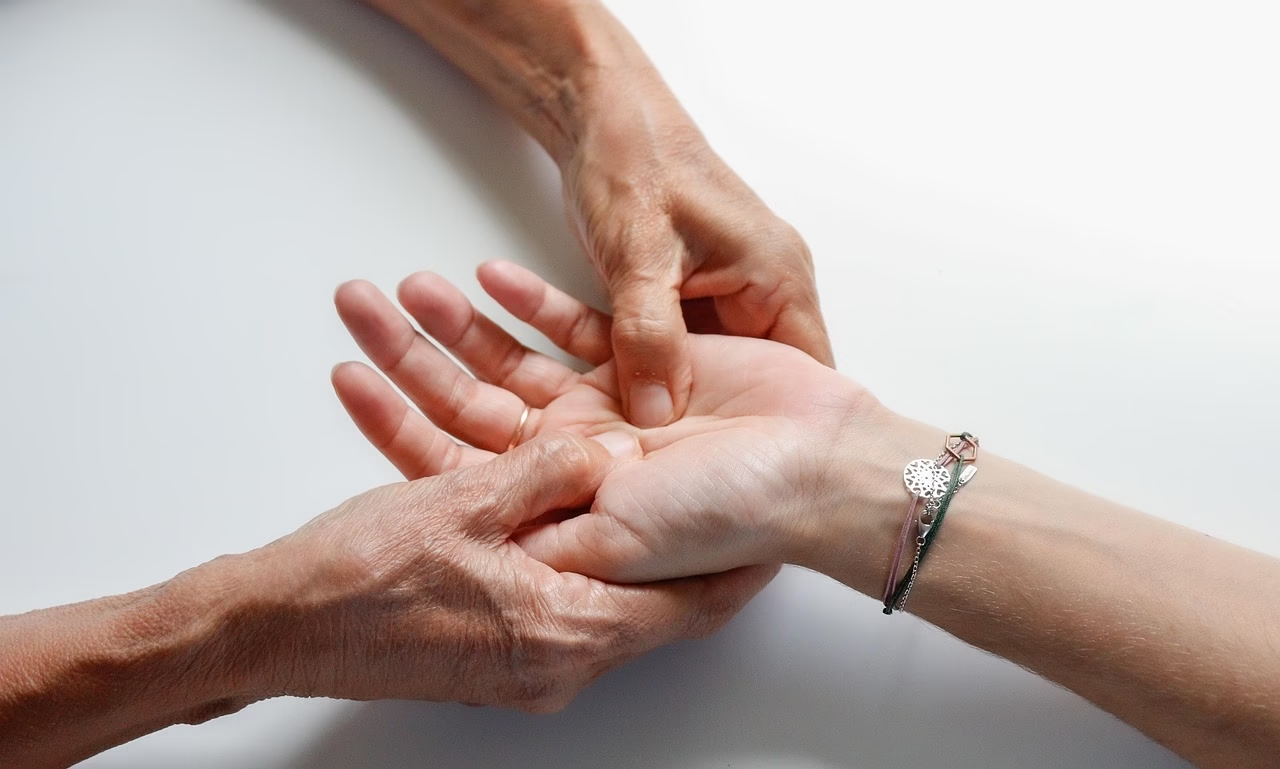
The Perilous Spread of the Wellness Craze
At first glance, the explosion of the wellness industry seems like a collective awakening. Yoga studios sprouting on every street; juice bars promising glowing skin and endless energy; wearables turning steps and sleep into data. Wellness, once whispered about in niche circles, now sings from center stage. But as fervent as this movement has become, I find myself pausing—not to dismiss the pursuit of health, but to reflect on how easily the desire to “be well” can slip into something more troubling.
The Wellness Ideal: A Double-Edged Sword
Wellness is deeply personal. As a holistic health researcher and passionate advocate for balanced, mindful living, I celebrate the intention behind better self-care. But along with authentic benefits, an insidious pressure has emerged: the relentless drive to optimize, perfect, and never quite arrive. Wellness, when tangled with societal ideals, can morph from self-nourishment into self-surveillance—or worse, self-punishment.
“Sometimes what begins as self-care quietly becomes a form of self-critique. The gentle art of listening to your body is replaced by chasing an ever-shifting standard.”
Wellness Gone Viral: The Rise of the “Insta-Guru”
Social media, with its curated feeds of green smoothies, headstands at sunrise, and “clean” living, amplifies the aspiration for total wellness. These images dazzle us, but often distort reality. I’ve seen clients develop anxiety and shame after scrolling wellness influencers who seem to float through life—without acknowledging fatigue, fluctuations, or the messiness of true health.
The digital wellness landscape is not just overwhelming, but dangerous when it trades in unverified health advice. Trends like extreme cleanses, unregulated supplements, or personalized DNA diets rarely reflect robust science—and, in many cases, they deepen disconnection and confusion.
From Pursuit to Obsession: When Wellness Hurts
The pendulum swings sharply when caring for oneself transforms into a new kind of orthodoxy. I’ve met individuals for whom the act of eating becomes fraught with guilt, or who cannot enjoy a restful moment unless it’s “productive.” This hypervigilance, dressed in the language of wellness, can mask orthorexia and other disordered patterns. The lines between beneficial routines and compulsive rituals blur.
- Feeling inadequate after missing a workout or indulging in dessert.
- Obsessively tracking metrics—steps, sleep, calories—at the expense of joy.
- Shunning social situations that don’t fit a wellness script.
At its worst, the wellness craze swaps freedom for perfectionism. It promises empowerment, yet may deliver alienation and relentless striving.
A Compassionate Reframe: Returning to Real Wellness
I believe in the power of intention—of tuning out the noise and gently returning to the core of authentic well-being. True wellness flourishes in the small, imperfect choices made with self-respect and flexibility. It acknowledges biology and individual difference: What nurtures one, may deplete another.
I encourage my clients and readers to recognize the signs of distress disguised as wellness. If health routines feel like a burden, or self-worth hinges on executing the “perfect” lifestyle, it’s time to pause. Real self-care is messy, seasonal, and deeply personal. Sometimes, it means saying no to another superfood, and yes to a slow morning with loved ones.
“There is profound wisdom in patience, softness, and the willingness to create your own definition of what it means to be well.”
Healing Beyond the Hype
The wellness industry is here to stay—its intentions are noble, but its messages require discernment. My hope is that each of us can gently disentangle from perfectionism, peer beyond the glittering promises, and reclaim the art of caring for ourselves with compassion and curiosity.
Let’s embrace wellness that heals, not harms. That invites wholeness, rather than splitting us into never-enough fragments. In this softer, slower approach, I have seen true transformation: one rooted in kindness, not control.

RELATED POSTS
View all



